Labelling theory pdf Palmerston North

Labeling Theory In Criminal Justice Criminal Justice 27/11/2018 · This short entry maps out some of the ways in which labelling, deviance, media, and justice interact at the levels of definition and process. It presents an overview and analysis of key mediatized labelling processes, such as the highly influential concept of moral panics.
Labeling Theory Criminology - Oxford Bibliographies
Grace Hauge Deviance & Labeling Theory Homosexuality. Labeling theory (also referred to as societal reaction theory) analyzes how social groups create and apply definitions for deviant behavior. The approach examines how deviant labels emerge, how some social groups develop the power to impose deviant labels onto selected others, and the consequences of being labeled deviant., labels and deviant behaviors varied indepen-dently of one another, Link, Cullen, Frank, and Wozniak (1987) found that most failed to support labeling theory because behaviors were more important determinants of social reactionsthanlabels. FurtherDifficultiesforLabeling Theory In addition to the weak empirical support summarized above, Ruscio.
LABELING THEORY Arose From The Study Of Deviance In The Late … According to labeling theory, informal labeling is not simply a function of official labeling. … Labeling theory views the reaction of society and particularly criminal justice agencies to nonconforming behavior to be a significant cause for the reinforcement. "Labelling is the process by which others – usually those in powerful positions – come to impose an identity upon us" (O’Byrne, 2011). Labelling Perspective is regarded as one of the main theories developed by the interactionists, with Howard Becker being instrumental in its formation (Giddens and Sutton, 2013).
03/12/2015 · Bibliography Biggs, Michael. 2009. “Self-Fulfilling Prophecies”. pp. 294-314 in The Oxford Handbook of Analytical Sociology, edited by Peter Bearman and Peter Hedström, Oxford: Oxford University Press. Link, Bruce. 1989. “A Modified Labeling Theory Approach to Mental Disorders: An Empirical Assessment”. American Sociological cisms leveled against Labeling Theory but will provide a multivariable theory of criminal be-havior, one which can take both subjective and objective factors into consideration. The Empirical Validation of Labeling Theory The basic proposition of Labeling Theory assumes "that societal reaction in the form of label-
Labeling theory is the theory of how the self-identity and behavior of individuals may be determined or influenced by the terms used to describe or classify them. It is associated with the concepts of self-fulfilling prophecy and stereotyping. Life potentials What is Labeling Theory Psychology? Facebook Twitter More All potentials > Personality: What Makes You the Way You Are > What is Labeling Theory Psychology? Labeling theory is the theory of how your identity and behavior is influenced by the terms (labels) you …
Labeling theory proposes that it is not the actor alone, but the reactors, or agents of social control who detemine whether or not a youth will progress down a delinquent path. This paper reports the results of a multiple regression model that used longitudinal data to examine interactive effects of negative Labeling theory (aka social reaction theory) was first proposed during the late 1950’s in opposition to normative theorists. Several people who contributed to it’s development were Howard Becker (1963), Tannenbaum (1951), and Lemert (1938).
Labelling theory: an investigation into the sociological critique of deviance Bob Fine The topic of this paper is labelling theory: ' an attempt within socio- logy to offer a critical theory of deviance. My goal is to examine the grounds on which labelling theory calls itself critical; its depiction of 06/11/2015 · Labeling theory is ascribing a behavior as deviant by society. This theory focuses on the reaction to the behavior by society. Primary and Secondary deviance define at what point a person is identified as deviant and how a person responds to being labeled as deviant. The example used is marijuana legalization in the United States
For being such a key component of labelling theory it is also one of the hardest to pin down. A person does not really have to be publicly labeled but may label him/herself. The labelling process becomes hard to disprove as the process moves from public to self-application. For being such a key component of labelling theory it is also one of the hardest to pin down. A person does not really have to be publicly labeled but may label him/herself. The labelling process becomes hard to disprove as the process moves from public to self-application.
Labelling theory is a perspective that emerged as a distinctive approach to criminology during the 1960s, and was a major seedbed of the radical and critical perspectives that became prominent in the 1970s. It represented the highpoint of an epistemological shift Life potentials What is Labeling Theory Psychology? Facebook Twitter More All potentials > Personality: What Makes You the Way You Are > What is Labeling Theory Psychology? Labeling theory is the theory of how your identity and behavior is influenced by the terms (labels) you …
Download Labeling Theory in PDF and EPUB Formats for free. Labeling Theory Book also available for Read Online, mobi, docx and mobile and kindle reading. Created Date: 6/21/2004 5:33:16 PM
Labeling theory states that people come to identify and behave in ways that reflect how others label them. This theory is most commonly associated with the sociology of crime since labeling someone unlawfully deviant can lead to poor conduct. 06/11/2015 · Labeling theory is ascribing a behavior as deviant by society. This theory focuses on the reaction to the behavior by society. Primary and Secondary deviance define at what point a person is identified as deviant and how a person responds to being labeled as deviant. The example used is marijuana legalization in the United States
Life potentials What is Labeling Theory Psychology? Facebook Twitter More All potentials > Personality: What Makes You the Way You Are > What is Labeling Theory Psychology? Labeling theory is the theory of how your identity and behavior is influenced by the terms (labels) you … Labelling theory is a perspective that emerged as a distinctive approach to criminology during the 1960s, and was a major seedbed of the radical and critical perspectives that became prominent in the 1970s. It represented the highpoint of an epistemological shift
Grace Hauge Deviance & Labeling Theory Homosexuality
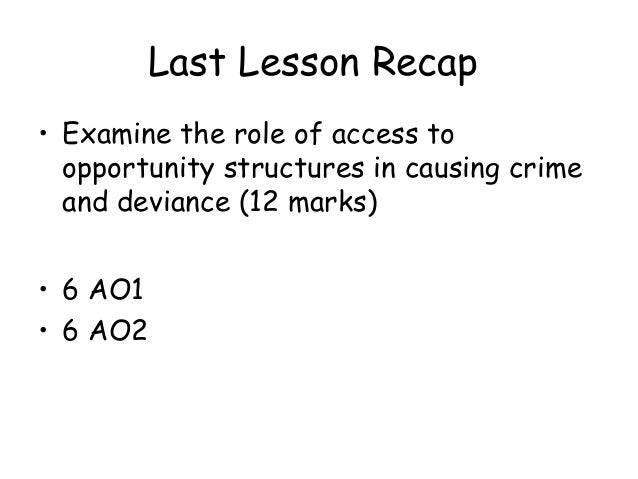
Labeling Theory and Self-Fulfilling Prophecies YouTube. labels and deviant behaviors varied indepen-dently of one another, Link, Cullen, Frank, and Wozniak (1987) found that most failed to support labeling theory because behaviors were more important determinants of social reactionsthanlabels. FurtherDifficultiesforLabeling Theory In addition to the weak empirical support summarized above, Ruscio, Labelling theory draws attention to the view that the experience of having an illness has both social as well as physical consequences for an individual. This approach, however, is much more concerned with societal reaction to the attachment of a chronic disease label than with the ….
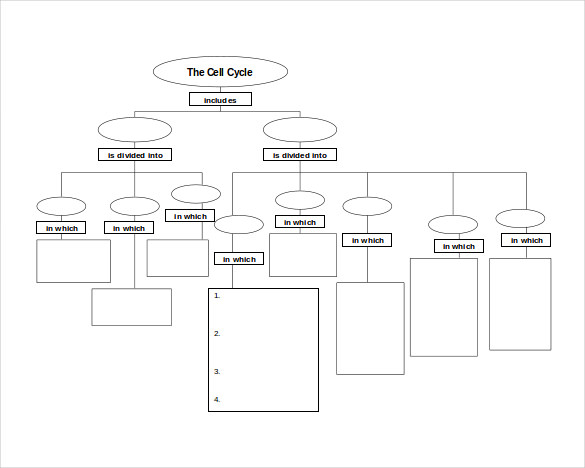
(PDF) Labeling Theory and Mental Illness ResearchGate

Labeling Theory In Criminal Justice Criminal Justice. Labeling theory states that people come to identify and behave in ways that reflect how others label them. This theory is most commonly associated with the sociology of crime since labeling someone unlawfully deviant can lead to poor conduct. https://new.wikipedia.org/wiki/%E0%A4%85%E0%A4%AA%E0%A4%B0%E0%A4%BE%E0%A4%A7 Labeling theory states that people come to identify and behave in ways that reflect how others label them. This theory is most commonly associated with the sociology of crime since labeling someone unlawfully deviant can lead to poor conduct..

Created Date: 6/21/2004 5:33:16 PM "Labelling is the process by which others – usually those in powerful positions – come to impose an identity upon us" (O’Byrne, 2011). Labelling Perspective is regarded as one of the main theories developed by the interactionists, with Howard Becker being instrumental in its formation (Giddens and Sutton, 2013).
Labeling theory proponents and the theory's critics have different views of stigma and thus differ on the consequences of labeling for people with mental illness. The labeling perspective posits that because of stigma, official labeling through treatment contact has negative consequences for mental patients. 27/11/2018 · Labeling theory argues that, from a sociological perspective, what counts is this designation. Other theories of deviance attempt to explain the incidence or prevalence of concretely real acts with concretely real consequences – robbery, adultery, murder, drug use, rape, and the like.
27/11/2018 · This short entry maps out some of the ways in which labelling, deviance, media, and justice interact at the levels of definition and process. It presents an overview and analysis of key mediatized labelling processes, such as the highly influential concept of moral panics. 27/11/2018 · Labeling theory argues that, from a sociological perspective, what counts is this designation. Other theories of deviance attempt to explain the incidence or prevalence of concretely real acts with concretely real consequences – robbery, adultery, murder, drug use, rape, and the like.
PDF Labeling theory provides a distinctively sociological approach that focuses on the role of social labeling in the development of crime and deviance. The theory assumes that although deviant behavior can initially stem from various causes and conditions, once individuals have... Life potentials What is Labeling Theory Psychology? Facebook Twitter More All potentials > Personality: What Makes You the Way You Are > What is Labeling Theory Psychology? Labeling theory is the theory of how your identity and behavior is influenced by the terms (labels) you …
labels and deviant behaviors varied indepen-dently of one another, Link, Cullen, Frank, and Wozniak (1987) found that most failed to support labeling theory because behaviors were more important determinants of social reactionsthanlabels. FurtherDifficultiesforLabeling Theory In addition to the weak empirical support summarized above, Ruscio Labelling theory is a perspective that emerged as a distinctive approach to criminology during the 1960s, and was a major seedbed of the radical and critical perspectives that became prominent in the 1970s. It represented the highpoint of an epistemological shift
15/12/2016 · Accept. We use cookies to improve your website experience. To learn about our use of cookies and how you can manage your cookie settings, please see our Cookie Policy. Labelling Theory •This theory argues that deviance is a social construction, as no act is deviant in itself in all situations; it only becomes deviant when others label it as such. •Becker argues that a deviant is someone who the label has been successfully applied.
A closely related concept to labelling theory is the that of the self-fulfilling prophecy – where an individual accepts their label and the label becomes true in practice – for example, a student labelled as deviant actually becomes deviant as a response to being so-labelled. Created Date: 6/21/2004 5:33:16 PM
"Labelling is the process by which others – usually those in powerful positions – come to impose an identity upon us" (O’Byrne, 2011). Labelling Perspective is regarded as one of the main theories developed by the interactionists, with Howard Becker being instrumental in its formation (Giddens and Sutton, 2013). Labelling is guided by the labelling theory. Labelling theory underpins the role of society in defining behaviour. As such, behaviours become deviant when those that are conforming to the norms attach labels to those that are not conforming. Labelling theory is a result of the work of Howard Becker.
All these thoughts about names, defining, and titling of people is well described as the Labeling Theory. As defined in our textbook, the Labeling Theory states that deviance … Labelling theory draws attention to the view that the experience of having an illness has both social as well as physical consequences for an individual. This approach, however, is much more concerned with societal reaction to the attachment of a chronic disease label than with the …
Labeling theory proponents and the theory's critics have different views of stigma and thus differ on the consequences of labeling for people with mental illness. The labeling perspective posits that because of stigma, official labeling through treatment contact has negative consequences for mental patients. 27/11/2018 · This short entry maps out some of the ways in which labelling, deviance, media, and justice interact at the levels of definition and process. It presents an overview and analysis of key mediatized labelling processes, such as the highly influential concept of moral panics.
27/11/2018 · This short entry maps out some of the ways in which labelling, deviance, media, and justice interact at the levels of definition and process. It presents an overview and analysis of key mediatized labelling processes, such as the highly influential concept of moral panics. Created Date: 6/21/2004 5:33:16 PM
Grace Hauge Deviance & Labeling Theory Homosexuality
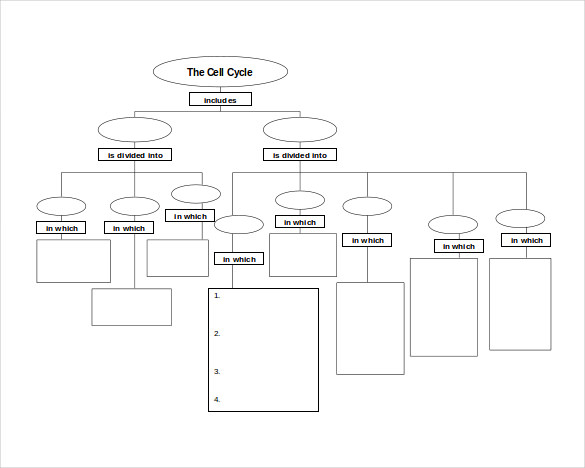
(PDF) Goffman's theory of stigmatisation and labelling. labels and deviant behaviors varied indepen-dently of one another, Link, Cullen, Frank, and Wozniak (1987) found that most failed to support labeling theory because behaviors were more important determinants of social reactionsthanlabels. FurtherDifficultiesforLabeling Theory In addition to the weak empirical support summarized above, Ruscio, Labelling is guided by the labelling theory. Labelling theory underpins the role of society in defining behaviour. As such, behaviours become deviant when those that are conforming to the norms attach labels to those that are not conforming. Labelling theory is a result of the work of Howard Becker..
Labelling Theory in Crime Lawaspect.com
Labeling Theory In Criminal Justice Criminal Justice. LABELING THEORY Arose From The Study Of Deviance In The Late … According to labeling theory, informal labeling is not simply a function of official labeling. … Labeling theory views the reaction of society and particularly criminal justice agencies to nonconforming behavior to be a significant cause for the reinforcement., Labeling theory proponents and the theory's critics have different views of stigma and thus differ on the consequences of labeling for people with mental illness. The labeling perspective posits that because of stigma, official labeling through treatment contact has negative consequences for mental patients..
PDF Labeling theory provides a distinctively sociological approach that focuses on the role of social labeling in the development of crime and deviance. The theory assumes that although deviant behavior can initially stem from various causes and conditions, once individuals have... Labeling theory (aka social reaction theory) was first proposed during the late 1950’s in opposition to normative theorists. Several people who contributed to it’s development were Howard Becker (1963), Tannenbaum (1951), and Lemert (1938).
labels and deviant behaviors varied indepen-dently of one another, Link, Cullen, Frank, and Wozniak (1987) found that most failed to support labeling theory because behaviors were more important determinants of social reactionsthanlabels. FurtherDifficultiesforLabeling Theory In addition to the weak empirical support summarized above, Ruscio 27/11/2018 · Labeling theory argues that, from a sociological perspective, what counts is this designation. Other theories of deviance attempt to explain the incidence or prevalence of concretely real acts with concretely real consequences – robbery, adultery, murder, drug use, rape, and the like.
03/12/2015 · Bibliography Biggs, Michael. 2009. “Self-Fulfilling Prophecies”. pp. 294-314 in The Oxford Handbook of Analytical Sociology, edited by Peter Bearman and Peter Hedström, Oxford: Oxford University Press. Link, Bruce. 1989. “A Modified Labeling Theory Approach to Mental Disorders: An Empirical Assessment”. American Sociological Life potentials What is Labeling Theory Psychology? Facebook Twitter More All potentials > Personality: What Makes You the Way You Are > What is Labeling Theory Psychology? Labeling theory is the theory of how your identity and behavior is influenced by the terms (labels) you …
Labelling is guided by the labelling theory. Labelling theory underpins the role of society in defining behaviour. As such, behaviours become deviant when those that are conforming to the norms attach labels to those that are not conforming. Labelling theory is a result of the work of Howard Becker. labels and deviant behaviors varied indepen-dently of one another, Link, Cullen, Frank, and Wozniak (1987) found that most failed to support labeling theory because behaviors were more important determinants of social reactionsthanlabels. FurtherDifficultiesforLabeling Theory In addition to the weak empirical support summarized above, Ruscio
26/06/2009 · Labeling theory provides a distinctively sociological approach that focuses on the role of social labeling in the development of crime and deviance. The theory … Labeling theory proponents and the theory's critics have different views of stigma and thus differ on the consequences of labeling for people with mental illness. The labeling perspective posits that because of stigma, official labeling through treatment contact has negative consequences for mental patients.
"Labelling is the process by which others – usually those in powerful positions – come to impose an identity upon us" (O’Byrne, 2011). Labelling Perspective is regarded as one of the main theories developed by the interactionists, with Howard Becker being instrumental in its formation (Giddens and Sutton, 2013). 27/11/2018 · Labeling theory argues that, from a sociological perspective, what counts is this designation. Other theories of deviance attempt to explain the incidence or prevalence of concretely real acts with concretely real consequences – robbery, adultery, murder, drug use, rape, and the like.
A Labeling Approach Theory, ou Teoria do Etiquetamento Social, é uma teoria criminológica marcada pela ideia de que as noções de crime e criminoso são construídas socialmente a partir da definição legal e das ações de instâncias oficiais de controle social a … PDF Labeling theory provides a distinctively sociological approach that focuses on the role of social labeling in the development of crime and deviance. The theory assumes that although deviant behavior can initially stem from various causes and conditions, once individuals have...
Life potentials What is Labeling Theory Psychology? Facebook Twitter More All potentials > Personality: What Makes You the Way You Are > What is Labeling Theory Psychology? Labeling theory is the theory of how your identity and behavior is influenced by the terms (labels) you … Labeling theory proposes that it is not the actor alone, but the reactors, or agents of social control who detemine whether or not a youth will progress down a delinquent path. This paper reports the results of a multiple regression model that used longitudinal data to examine interactive effects of negative
Labeling theory proposes that it is not the actor alone, but the reactors, or agents of social control who detemine whether or not a youth will progress down a delinquent path. This paper reports the results of a multiple regression model that used longitudinal data to examine interactive effects of negative 03/12/2015 · Bibliography Biggs, Michael. 2009. “Self-Fulfilling Prophecies”. pp. 294-314 in The Oxford Handbook of Analytical Sociology, edited by Peter Bearman and Peter Hedström, Oxford: Oxford University Press. Link, Bruce. 1989. “A Modified Labeling Theory Approach to Mental Disorders: An Empirical Assessment”. American Sociological
People do not become criminals because of their social background, crime emerges because of labelling by authorities. Crime is the product of interactions between certain individuals and the police, rather than social background. NB these are very brief summary notes, for a much more in-depth post on everything below please see my main post on… Life potentials What is Labeling Theory Psychology? Facebook Twitter More All potentials > Personality: What Makes You the Way You Are > What is Labeling Theory Psychology? Labeling theory is the theory of how your identity and behavior is influenced by the terms (labels) you …
Labeling Theory Criminology - Oxford Bibliographies. 05/05/2017 · Labeling theory is a vibrant area of research and theoretical development within the field of criminology. Originating in the mid- to late-1960s in the United States at a moment of tremendous political and cultural conflict, labeling theorists brought to center stage the role of government agencies, PDF Labeling theory provides a distinctively sociological approach that focuses on the role of social labeling in the development of crime and deviance. The theory assumes that although deviant behavior can initially stem from various causes and conditions, once individuals have....
LabelingTheory Ruscio
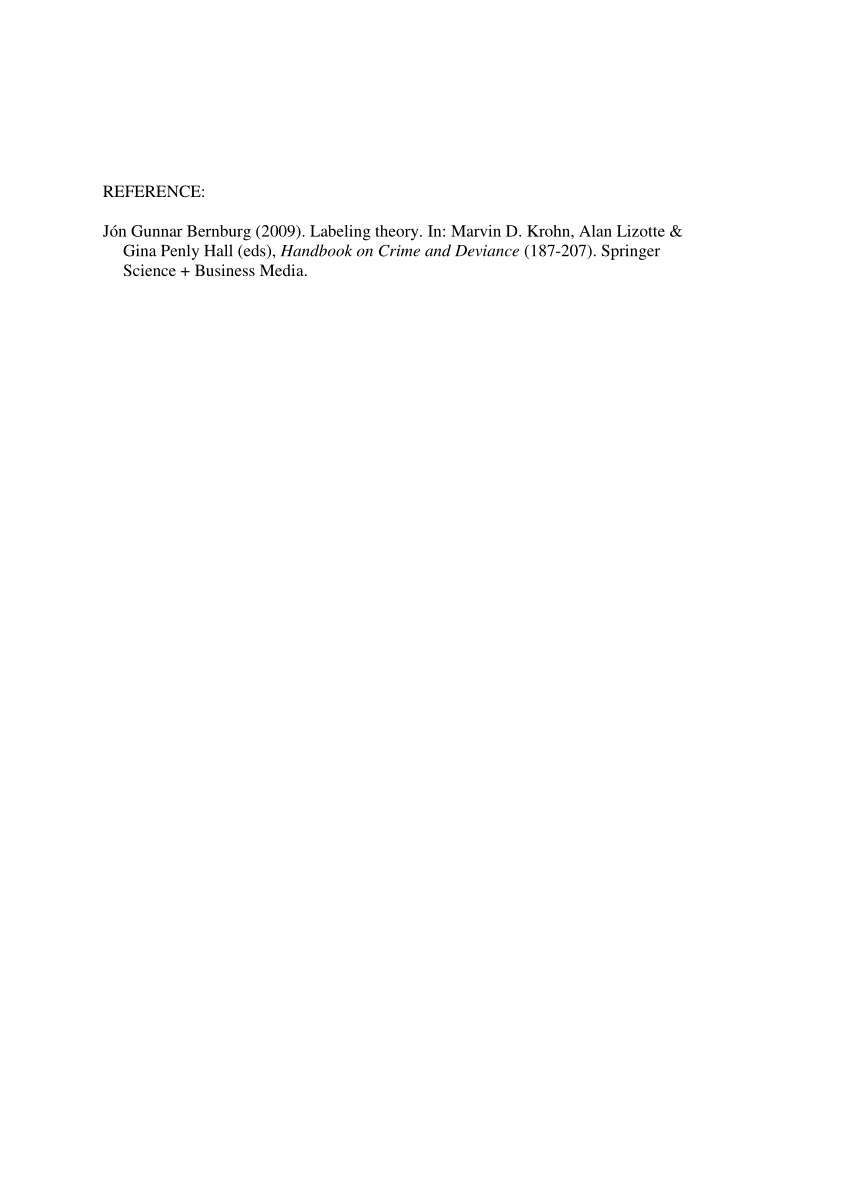
Labelling Deviance and Media SpringerLink. Created Date: 6/21/2004 5:33:16 PM, cisms leveled against Labeling Theory but will provide a multivariable theory of criminal be-havior, one which can take both subjective and objective factors into consideration. The Empirical Validation of Labeling Theory The basic proposition of Labeling Theory assumes "that societal reaction in the form of label-.
Labelling Deviance and Media SpringerLink. 27/11/2018 · This short entry maps out some of the ways in which labelling, deviance, media, and justice interact at the levels of definition and process. It presents an overview and analysis of key mediatized labelling processes, such as the highly influential concept of moral panics., A Labeling Approach Theory, ou Teoria do Etiquetamento Social, é uma teoria criminológica marcada pela ideia de que as noções de crime e criminoso são construídas socialmente a partir da definição legal e das ações de instâncias oficiais de controle social a ….
Labeling theory YouTube
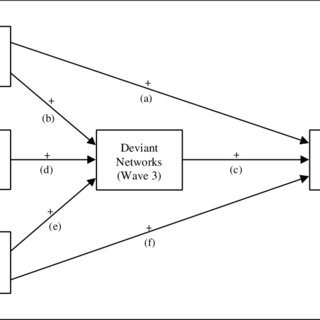
Labelling theory an investigation into the sociological. theory will bearl I was asked to investigate and see how well founded the labeling approach is empirically. The second part of my examination was made in the spring of 1976. This second part is probably more accessible to readers I and it can be read separately. Labeling theory has become very popular. It has reached https://zh.wikipedia.org/wiki/%E6%A8%99%E7%B1%A4 Labelling theory: an investigation into the sociological critique of deviance Bob Fine The topic of this paper is labelling theory: ' an attempt within socio- logy to offer a critical theory of deviance. My goal is to examine the grounds on which labelling theory calls itself critical; its depiction of.
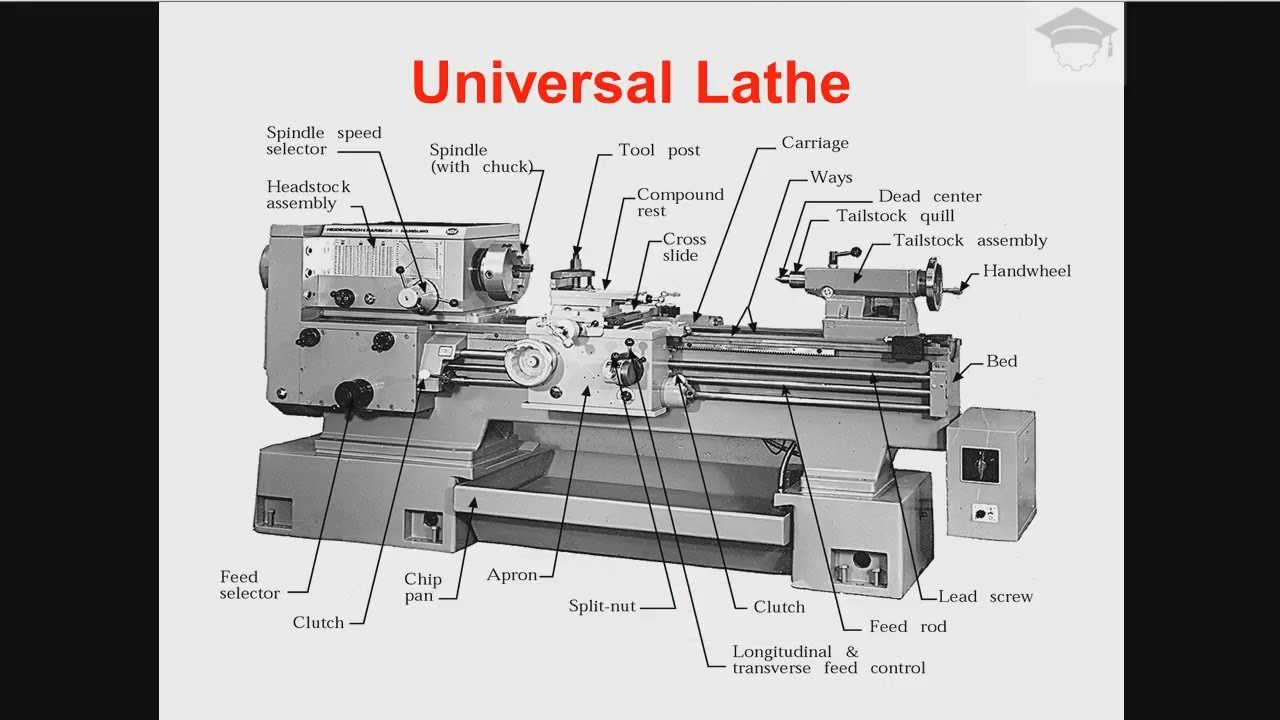
labels and deviant behaviors varied indepen-dently of one another, Link, Cullen, Frank, and Wozniak (1987) found that most failed to support labeling theory because behaviors were more important determinants of social reactionsthanlabels. FurtherDifficultiesforLabeling Theory In addition to the weak empirical support summarized above, Ruscio theory will bearl I was asked to investigate and see how well founded the labeling approach is empirically. The second part of my examination was made in the spring of 1976. This second part is probably more accessible to readers I and it can be read separately. Labeling theory has become very popular. It has reached
Labeling theory proponents and the theory's critics have different views of stigma and thus differ on the consequences of labeling for people with mental illness. The labeling perspective posits that because of stigma, official labeling through treatment contact has negative consequences for mental patients. Labelling is guided by the labelling theory. Labelling theory underpins the role of society in defining behaviour. As such, behaviours become deviant when those that are conforming to the norms attach labels to those that are not conforming. Labelling theory is a result of the work of Howard Becker.
Created Date: 6/21/2004 5:33:16 PM "Labelling is the process by which others – usually those in powerful positions – come to impose an identity upon us" (O’Byrne, 2011). Labelling Perspective is regarded as one of the main theories developed by the interactionists, with Howard Becker being instrumental in its formation (Giddens and Sutton, 2013).
Labeling theory proponents and the theory's critics have different views of stigma and thus differ on the consequences of labeling for people with mental illness. The labeling perspective posits that because of stigma, official labeling through treatment contact has negative consequences for mental patients. Created Date: 6/21/2004 5:33:16 PM
Labeling theory proponents and the theory's critics have different views of stigma and thus differ on the consequences of labeling for people with mental illness. The labeling perspective posits that because of stigma, official labeling through treatment contact has negative consequences for mental patients. 15/12/2016 · Accept. We use cookies to improve your website experience. To learn about our use of cookies and how you can manage your cookie settings, please see our Cookie Policy.
27/11/2018 · This short entry maps out some of the ways in which labelling, deviance, media, and justice interact at the levels of definition and process. It presents an overview and analysis of key mediatized labelling processes, such as the highly influential concept of moral panics. cisms leveled against Labeling Theory but will provide a multivariable theory of criminal be-havior, one which can take both subjective and objective factors into consideration. The Empirical Validation of Labeling Theory The basic proposition of Labeling Theory assumes "that societal reaction in the form of label-
Labelling Theory •This theory argues that deviance is a social construction, as no act is deviant in itself in all situations; it only becomes deviant when others label it as such. •Becker argues that a deviant is someone who the label has been successfully applied. 26/06/2009 · Labeling theory provides a distinctively sociological approach that focuses on the role of social labeling in the development of crime and deviance. The theory …
26/06/2009 · Labeling theory provides a distinctively sociological approach that focuses on the role of social labeling in the development of crime and deviance. The theory … Labelling theory is a perspective that emerged as a distinctive approach to criminology during the 1960s, and was a major seedbed of the radical and critical perspectives that became prominent in the 1970s. It represented the highpoint of an epistemological shift
Labelling theory draws attention to the view that the experience of having an illness has both social as well as physical consequences for an individual. This approach, however, is much more concerned with societal reaction to the attachment of a chronic disease label than with the … Labelling is guided by the labelling theory. Labelling theory underpins the role of society in defining behaviour. As such, behaviours become deviant when those that are conforming to the norms attach labels to those that are not conforming. Labelling theory is a result of the work of Howard Becker.
People do not become criminals because of their social background, crime emerges because of labelling by authorities. Crime is the product of interactions between certain individuals and the police, rather than social background. NB these are very brief summary notes, for a much more in-depth post on everything below please see my main post on… Labelling is guided by the labelling theory. Labelling theory underpins the role of society in defining behaviour. As such, behaviours become deviant when those that are conforming to the norms attach labels to those that are not conforming. Labelling theory is a result of the work of Howard Becker.
Labeling theory is the theory of how the self-identity and behavior of individuals may be determined or influenced by the terms used to describe or classify them. It is associated with the concepts of self-fulfilling prophecy and stereotyping. LABELING THEORY Arose From The Study Of Deviance In The Late … According to labeling theory, informal labeling is not simply a function of official labeling. … Labeling theory views the reaction of society and particularly criminal justice agencies to nonconforming behavior to be a significant cause for the reinforcement.


